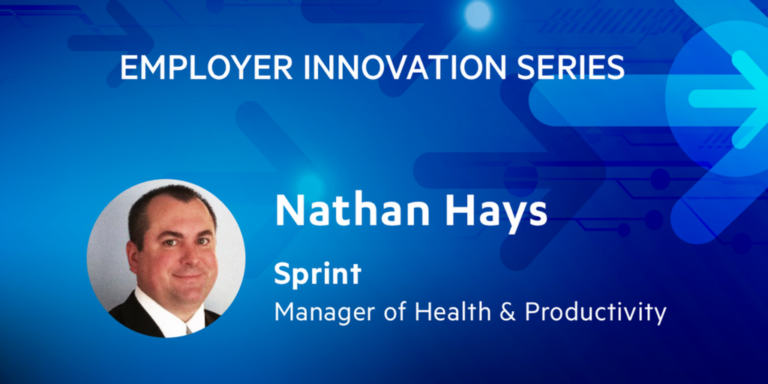

I was also very impressed by all the luminaries who turned out for the event.
#Does teamhealth have catlight how to
If you want to know how to present your idea, make sure you watch the videos when they’re posted. We’ve gotten to know all the guys (and one girl – holla, Jessica!) here over the last few months and it was really wonderful to see them wow the audience with their pitches. Default price transparency is the new norm for providers working within the Medicare program (at least for the most common diagnoses), and we expect more transparency to come down the line from the feds and the states.Īll of the Blueprint Teams delivered consistently impressive presentations. Hospitals and health systems kept this information confidential because making it public could impact how they compete with other provider institutions and could also impact complex price negotiations with private third party insurers. Why is this important? Prices charged to Medicare were formerly top-secret and closely guarded. CMS followed up on its initial salvo on June 3rd, also releasing outpatient charge data for 30 of the most common ambulatory payment codes. On May 8th, the Centers for Medicare and Medicaid Services (CMS), released a dataset showing inpatient hospital charges to Medicare for 100 of the most common inpatient diagnosis codes. In the last few weeks, however, the feds have upped the “data liberacion” ante, releasing a number of new datasets that could have a totally disruptive impact on the established health marketplace. With each passing day, innovators figure out new ways to use and combine data sets in ways that no one in the federal government could have ever imagined. Data that was once siloed and accessible to only a few is now available to millions through online services like iTriage,, and Castlight Health. Health 2.0 startups have swarmed all over the data, using it to build ever more useful applications and tools. Since then, Park and his HHS successor, Bryan Sivak, have moved heaven and earth to liberate huge amounts of valuable health data. Current White House Chief Technology Officer Todd Park started talking (NO, YELLING!) about “data liberacion” back in 2010 when he was tapped to be CTO for the Department of Health and Human Services (HHS).

Anyone operating in the health tech universe for the last few years knows that open health data has been and continues to be a major theme.


 0 kommentar(er)
0 kommentar(er)
